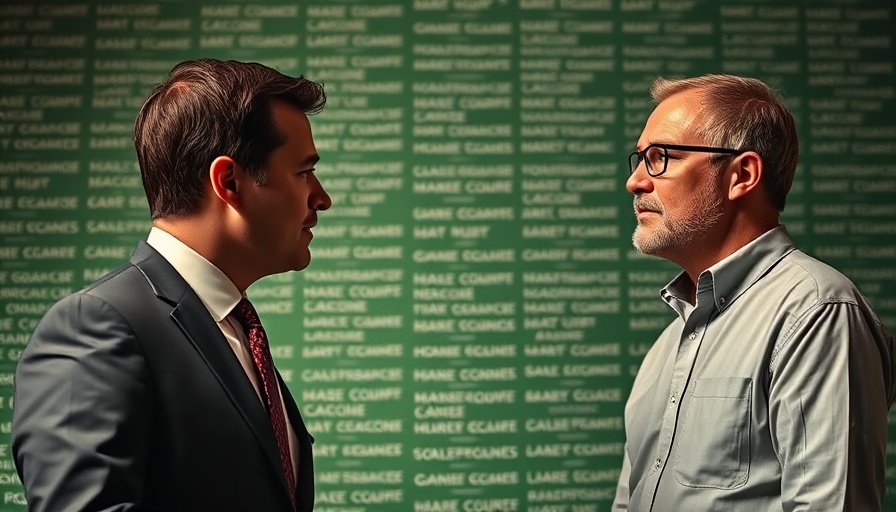
The Importance of Servant Leadership in Churches
When we think about the roles within a church, we often picture pastors leading worship or teaching the Word. However, there is another important role that serves as the lifeblood of the church community: the deacon. In the discussion from the podcast, Why You Need Good Deacons, Ligon Duncan and Matt Smethurst share profound insights into the significance of deacons in fostering unity, caring for others, and complementing the work of elders. This serves as a great reminder that the role of a deacon isn’t merely functional; it embodies a deeply spiritual calling.
In Why You Need Good Deacons, the discussion dives into the significance of deacons in church, exploring key insights that sparked deeper analysis on our end.
Understanding the Role of Deacons
The term ‘deacon’ comes from the Greek word diakonos, meaning servant. It is a beautiful truth that every believer, not just those formally in office, is called to serve. Jesus modeled this when He washed His disciples’ feet and said, “Love one another as I have loved you.” Yet, the office of deacon holds unique responsibilities within a church structure, as highlighted by the necessity of addressing practical needs—providing care to those who are overlooked and ensuring that every member feels seen and valued.
Deacons as Unity Builders
One of the crucial aspects of a deacon's role is to be a unifying force within a congregation. They work diligently to ensure that everyone, regardless of their background, feels part of the church family. In the early church, deacons were appointed to address complaints and conflicts arising among members, showing that their ministry was crucial in maintaining peace and harmony. According to Duncan and Smethurst, good deacons serve as ‘shock absorbers’ in times of tension and discord. They are trusted with sensitive matters, allowing them to offer care discreetly.
Meeting Tangible Needs
Deacons are tasked with identifying and meeting tangible needs within the church. Whether it’s providing meals for families in distress or aiding the elderly, their work is grounded in compassion and service. In fact, it's often the small acts of kindness that make the biggest difference—a reminder that not every act needs to be grandiose. Imagine if every church had attentive deacons who were proactive in ensuring that those in need received practical support.
Supporting the Ministry of Elders
Deacons also play a vital role in supporting the ministry of the elders. Elders are responsible for spiritual oversight, while deacons handle the logistical side of church operations. This complementary relationship allows for a smoother functioning of the church. As Duncan puts it, deacons and elders must work together harmoniously to ensure the church thrives on all levels.
Cultivating the Right Qualities in Deacons
Choosing the right individuals for the role of deacon is essential. It’s not just about handy skills; deacons must possess character and the ability to serve without seeking recognition. They are often the unsung heroes who keep everything running smoothly behind the scenes. As aspiring deacons consider their calling, they need to remember that their work, though often unnoticed, is indeed invaluable.
Encouraging and Appreciating Deacons
As members of a church body, it is important to recognize the hard work of deacons and encourage them in their roles. Sending a supportive message or offering thanks can uplift their spirits, as their service often goes unacknowledged. Just like a good offensive line supports a quarterback, deacons strengthen the church’s outreach and connection to its members.
Conclusion: Embracing the Call to Serve
The office of deacon is not only about service; it represents Christ’s love in action. Deacons embody the heart of the church by serving others and facilitating the church’s mission. As we aspire to build up our communities, may we remember the importance of recognizing the role of deacons and the significant impact they have in our spiritual journey. If you’re looking for ways to get involved in your church, consider serving as a deacon or supporting your church’s deacons. Your involvement makes a difference!
 Add Row
Add Row  Add
Add 








Write A Comment